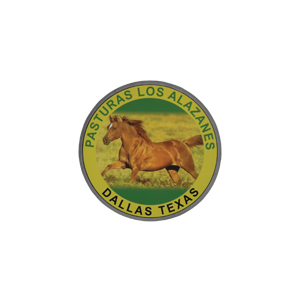Drought and Its Impact on Your Pond
Seems like a handful of things are inevitable…death, taxes and drought. Drought? Yep, drought…if you haven’t been through a drought (and which of us haven’t?), you will. As a pond owner and steward of your water, understanding what happens in drought conditions with a pond helps us understand how to...







